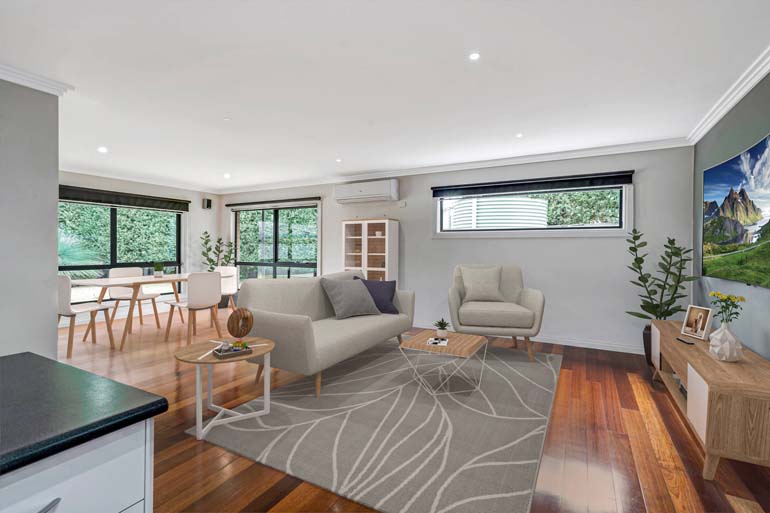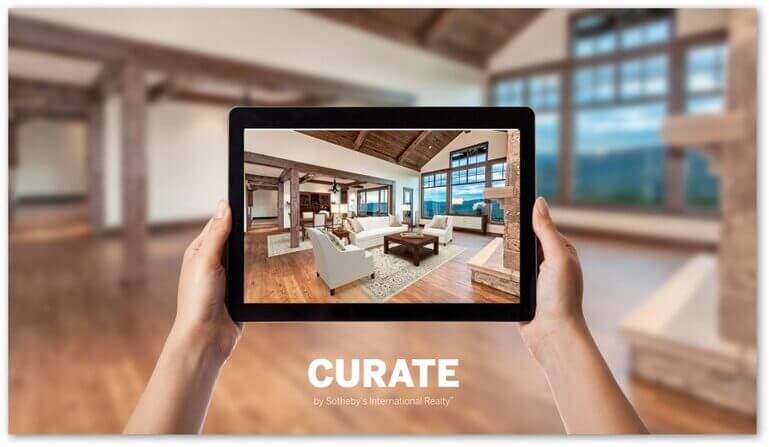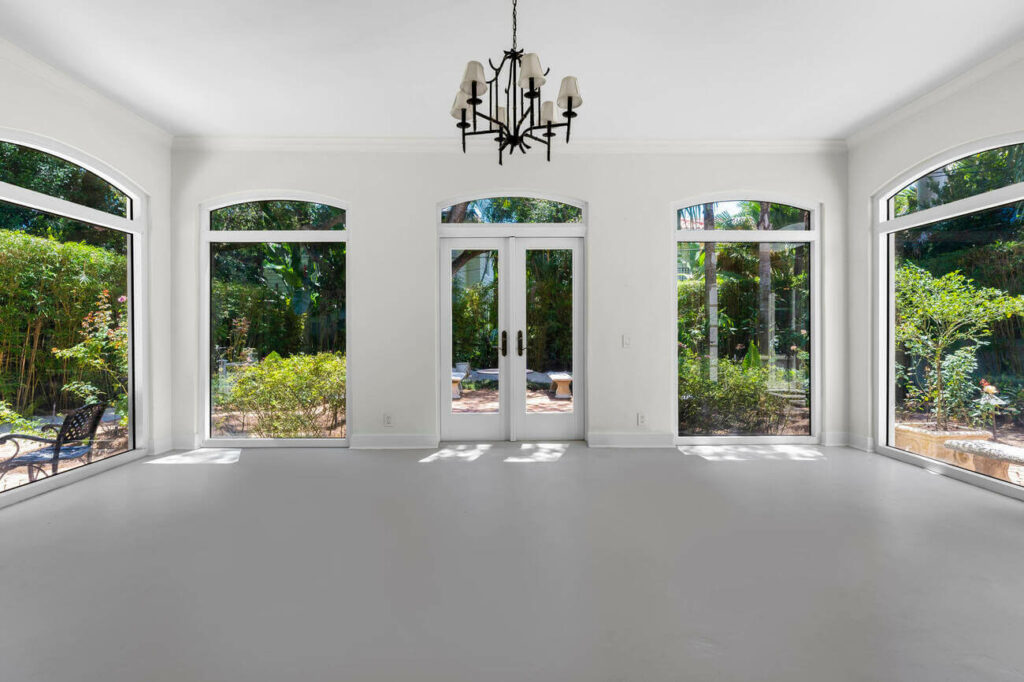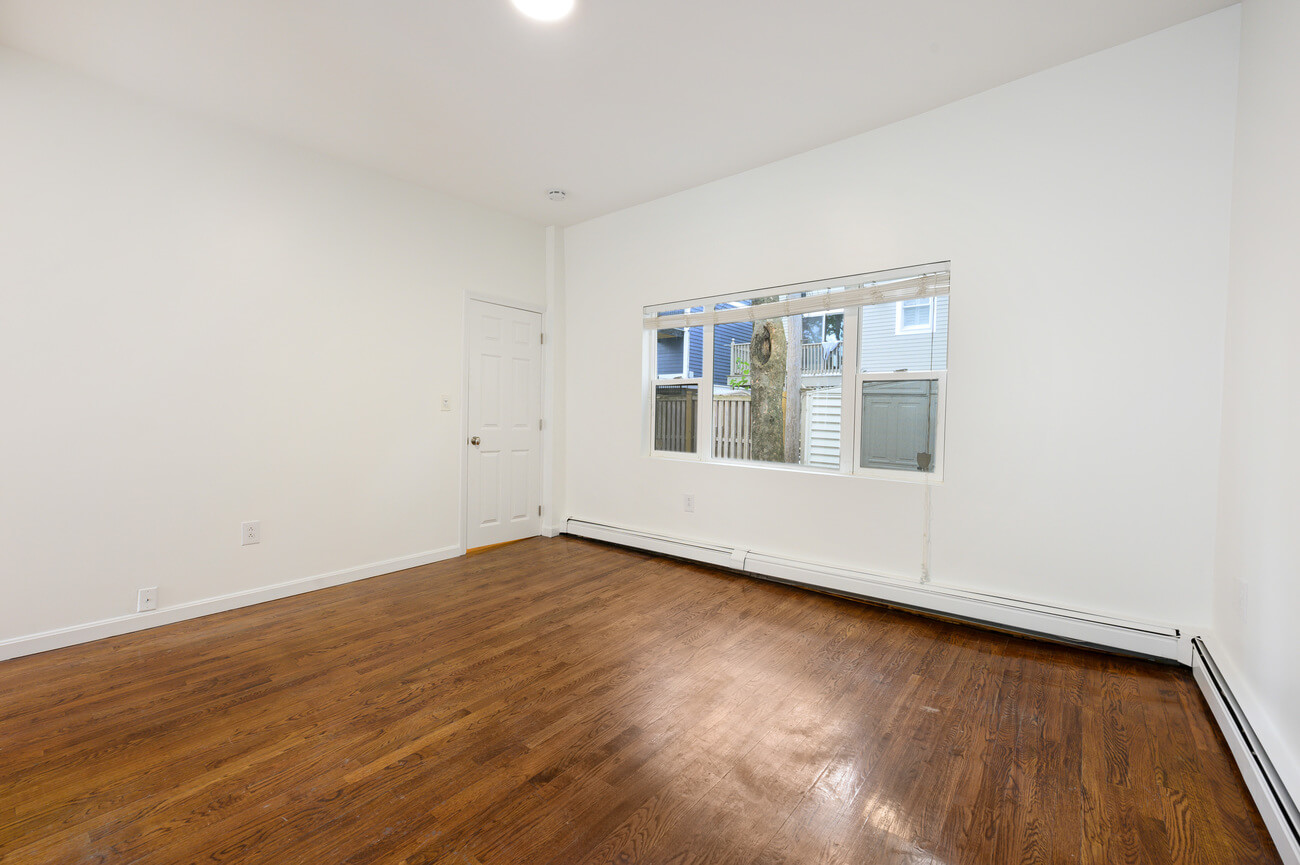Table of Contents
- The Strong Advantages of Using Virtual Staging
- Pros and Cons of Using a Virtual Staging App
- Your Best Virtual Staging Option – Partner With PhotoUp!
Are you trying to decide whether to use a virtual staging app or hire a virtual staging provider?
There are many virtual staging apps available to real estate sales professionals for do-it-yourself (DIY) virtual staging.
Many agents and photographers consider using an app for virtual staging because it saves money. But is using an app the best solution for you and your clients?
Therefore, in this post, we’ll discuss the pros and cons of using a virtual staging app for real estate sales.
But first, let’s discuss the overall advantages of virtual staging.
The Strong Advantages of Using Virtual Staging


Virtual staging uses advanced photo editing software to make any property look absolutely stunning – like every room was out of an interior design magazine.
Virtual staging is, therefore, quite popular and highly effective in real estate sales:
- It helps homes sell faster — staged listings sell 75% faster than those that are not
- And for higher prices — 85% of staged properties sell for the asking price or above
- Better still, virtual staging costs 97% less than traditional home staging.
There are many other advantages to using virtual staging, including the following:
- It’s a powerful visualization tool – sellers and their agents can help buyers visualize the best use of each room and help them see themselves living in the home
- Virtual staging is flexible – it allows for easy, creative solutions for marketing a property, including updating decor, doing repairs, and decluttering
- It’s less expensive than traditional staging – traditional home staging tends to average $1600 per home- or more, whereas you can virtually stage a room for around $20 to $30
- Virtual staging is fast – a room can be photographed and virtually staged in a matter of hours, as opposed to taking days with traditional home staging
Want to see a few samples of virtual staging? Take a look at this article, what is virtual staging in real estate (examples included)?
Now that you see the advantages of virtual staging, let’s talk about the pros and cons of using a DIY virtual staging app.
Pros and Cons of Using a Virtual Staging App
So, you want to virtually stage your listing, but you’re unsure whether to use a virtual staging app or outsource the work to a professional provider. How do you decide?
Let’s explore some of the pros and cons of each method in terms of time, cost, and results.
1. Time Investment
Most people would assume that using a virtual staging app like AgentUp AI is quicker than outsourcing the work to a professional service – and they are usually correct.
However, many apps aren’t the easiest to use, and you could spend more time than you thought you would. And time is money – and you could put that time spent to better business uses.
In contrast, most virtual staging providers offer a 24 to 48-hour turnaround time.

So, in terms of time, here’s our assessment of using a virtual staging app:
- Pro – it’s likely that using a virtual staging app will be faster than using a service. With AgentUp AI you can virtually stage your images in less than 5 minutes
- Con – it will take time to learn how to use the app, and the work itself might take you longer than you think
Remember, with a virtual staging service provider, you simply upload an image, select the furniture, and then sit back and wait for the image to be delivered.

Fast & Affordable
Virtual Staging Service
Interiors. Landscapes. Commercial. Virtually transform any space.
2. Cost & Value
Does using a virtual staging app save you money? Yes, it likely does, and in fact, there are even free virtual staging apps available.
While most virtual staging providers are quite affordable, chances are the app will be less expensive.
So, in terms of cost, here’s our assessment of using a virtual staging app:
- Pro – most apps are very affordable, and there are likely a few free ones, too
- Con – most professional providers aren’t that much more expensive
And here’s one more consideration, the cost savings might be negligible when you take into account the value of having someone else do the work for you.

3. Quality & Results
Virtual staging apps might be fast and affordable, but keep in mind that the apps have to sacrifice performance and quality for the sake of speed and usability.
With that said, it’s almost always going to be the case that a professional service provider will produce better-quality virtually staged images than an app. Why?
- Skilled professionals have access to advanced editing software. The finished images will look much more realistic
- A professional provider has a greater variety of furniture sets, artwork, decor, accessories, and furniture styles to call upon than any app can offer
- Virtual staging apps in the hands of an inexperienced photo editor will likely result in floating furniture, incorrect lines, and other blemishes
So, in terms of quality and results, here’s our assessment of using a virtual staging app:
- Pro – there really isn’t any advantage to using an app – although some might deliver acceptable quality
- Con – the work of a trained professional provider will be of a noticeably better quality



With those assessments done, let’s review our overall findings.
4. Our Overall Analysis
In general, the main advantages of using a virtual staging app are that they are faster and less expensive than using a professional service.
In fact, many DIY virtual staging apps will you get instant results, and some apps are free.
But be warned, these apps rarely work as effortlessly as you might imagine, and the results are almost always subpar.
When you consider the extreme importance of photo quality in real estate sales, it’s difficult to argue in favor of using an app.
And most clients aren’t going to be happy if you’re marketing their home with poor-quality images.
There may be times when all you need is one or two images virtually staged. In such cases, an app may be your best bet.
But it’s far from the best quality. And the quality of the images should be your primary concern. Besides, a professional virtual staging provider isn’t that much more expensive.
Therefore, our advice is to avoid using DIY virtual staging apps and instead partner with a professional service provider.
Fast & Affordable
Virtual Staging Service
Interiors. Landscapes. Commercial. Virtually transform any space.
Your Best Virtual Staging Option – Partner With PhotoUp!


If you’re looking for the best virtual staging results possible, work with PhotoUp.
PhotoUp’s experienced and skilled photo editors and stagers do the design and editing for you, so you get outstanding and authentic images.
We have the technical expertise to handle any photo editing job, big or small, simple or complex.
Our comprehensive virtual staging services make any space or room look amazing — these include:
- Staging vacant rooms with your choice of hundreds of design-styled furnishings
- Repairs and remodeling editing
- Decor updates and replacements
- Decluttering and depersonalizing rooms
- Sky replacement and lawn greening
- And much more!


And PhotoUp does much more than just virtual staging. Their marketing services also include:
- Real estate photo editing
- Virtual house tours
- Single property websites
- Real estate photographer websites
- Property flyers
- Video editing
- Virtual assistants
- House portraits
- And more!
So, take the next step, improve your marketing, and grow your real estate business.
Sign up for a free PhotoUp account and let us help you impress your clients and sell your listings faster and for higher prices with high-quality virtual staging.
We hope you enjoyed this post on the pros and cons of using a virtual staging app. Also, before you go, you may want to check out the following related resources:






